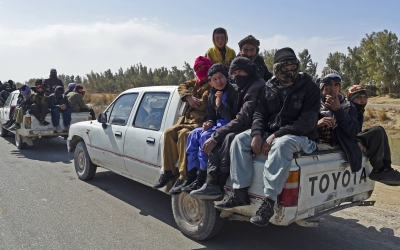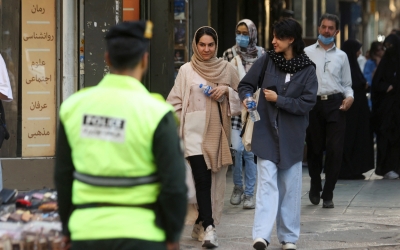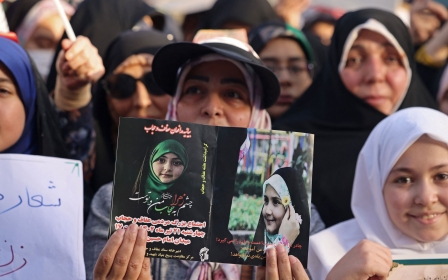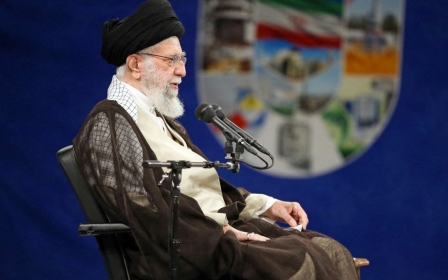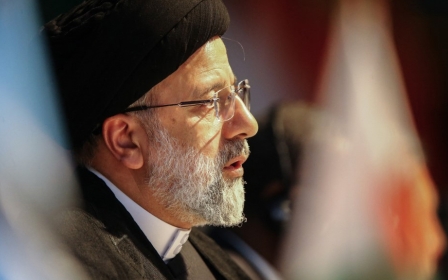Iranian press review: Taliban denounces executions in Iran
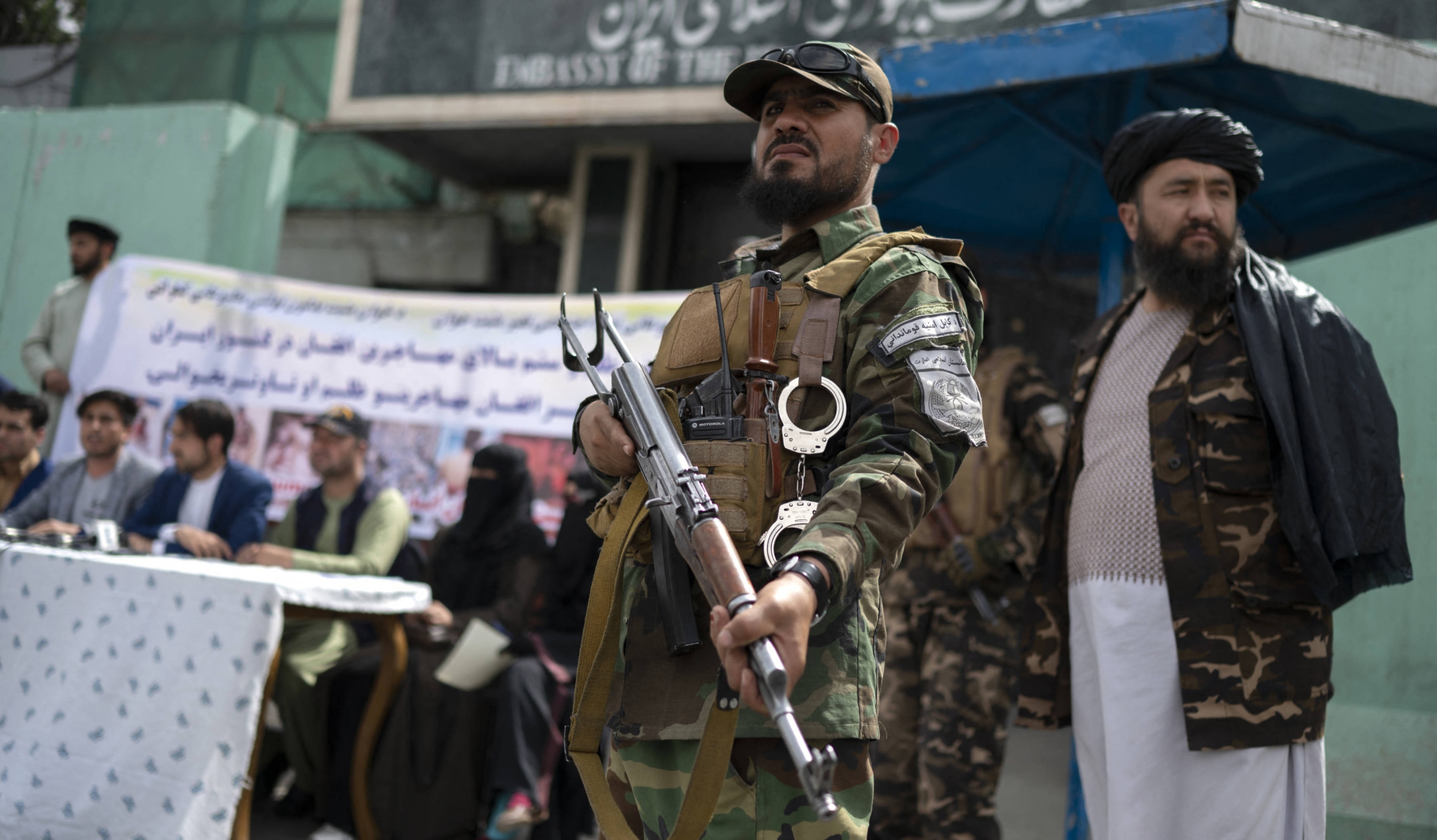
Tehran and Kabul trade accusations of rights violations
In a rare move, the Taliban's foreign minister has criticised its leading economic ally and political supporter, Tehran, for the high number of executions in Iran, Farsi media reported.
The Taliban itself is accused of systemic violation of human rights.
Last week, Amir Khan Muttaqi condemned Tehran for its violations of human rights and the high number of death penalties in Iran in response to last year's anti-establishment demonstrations.
"Those of you who always recommend that we have an inclusive government in Afghanistan, do you have such a government in your country?" Mottaqi said during a conference in Kabul, referring to demands made by Iranian officials.
Despite the extensive economic and political cooperation between Tehran and Kabul, Iran has yet to recognise the Taliban government. Iranian Foreign Minister Hossein Amir-Abdollahian had previously said that the precondition for such recognition would be forming an "inclusive government" in Afghanistan.
"Do you recognise the rights of your citizens? The number of inmates we have in prisons is fewer than the number of people you execute," Mottaqi added.
After China, Iran has the highest number of annual executions worldwide, and in 2022, 582 people were executed by hanging.
No official data is available regarding the number of executions in Afghanistan, but in an August report, the UN said that since the Taliban takeover in August 2021, it had documented the extrajudicial killing of at least 218 military and government officials from the former government despite a nationwide pardon.
Green Movement leader demands unity for change
In a letter written while under house arrest, Mehdi Karroubi, one of the two leaders of the Green Movement, has urged activists to continue the struggle for a change in Iran's political system.
Karroubi, who has been under house arrest since 2010, demanded that reformist politicians and activists unify and create a united front against the rulers.
"'Change' was our leading slogan in 2009, and still there is no way other than making a change in the country," he wrote in a letter addressed to the public.
Karroubi compared Iran's current political scene with how it was before the 1979 revolution under the Shah, Iran's last king, and concluded that both systems implemented similar governing methods.
"In the Shah's era, political parties were created by the royal family, and each one's share of the seats in the parliament was clear. It was not supposed to be like that in the Islamic Republic, but today we see the same manner," he wrote.
Karroubi also criticised the country's electoral system ahead of February's parliamentary elections, saying that "a band of 25 persons" ruled the country, imposing their will on the nation.
"Despite the establishment's claims about seeking maximum voter turnout, all paths to meaningful election participation are closed," he added.
Karroubi and Mir Hossein Mousavi have been under house arrest after nationwide protests against the credibility of the 2009 presidential election, in which the ultra-conservative president Mahmoud Ahmadinejad was reelected.
Expulsion of professors is sign of 'despair', says academic
Mohammad Reza Tajik, a prominent Iranian academic and reformist theoretician, has suggested that the new wave of professors being dismissed from universities across the country has occurred because of the authorities' despair.
"The radical expulsion of academics is a sign of despair. When the establishment faces despair, it will be afraid of everything," he told Jamaran News, explaining the country's situation on the first anniversary of the 2022 anti-establishment protests.
In recent weeks, many dissident professors were banned from teaching at universities or were entirely sacked from their positions in a move by principlist President Ebrahim Raisi to quell opposition at universities.
"This cleansing in various entities, which began in past years, is based on an enormous fear of survival… but the challenge they [the establishment] face is that the entity that holds knowledge and even the university itself is not limited to a physical place or one institution. Today, the entire society has turned into a university," Tajik said.
"Today, those little boys and girls who search the garbage bins to make a living are the professors of this society. They communicate with us through their silence, body, gaze, and their suffering from injustice, corruption, and mismanagement."
Despite widespread anger over the dismissal of professors critical of the establishment, higher education officials said they were expelled because of a lack of academic knowledge.
Meanwhile, the ultra-hardline Kayhan daily, whose editor-in-chief is appointed by Iran's supreme leader, wrote that the expulsion of those professors is not sufficient, and they must be tried because they supported last year's protests.
*Iranian press review is a digest of news reports not independently verified as accurate by Middle East Eye.
Middle East Eye propose une couverture et une analyse indépendantes et incomparables du Moyen-Orient, de l’Afrique du Nord et d’autres régions du monde. Pour en savoir plus sur la reprise de ce contenu et les frais qui s’appliquent, veuillez remplir ce formulaire [en anglais]. Pour en savoir plus sur MEE, cliquez ici [en anglais].


